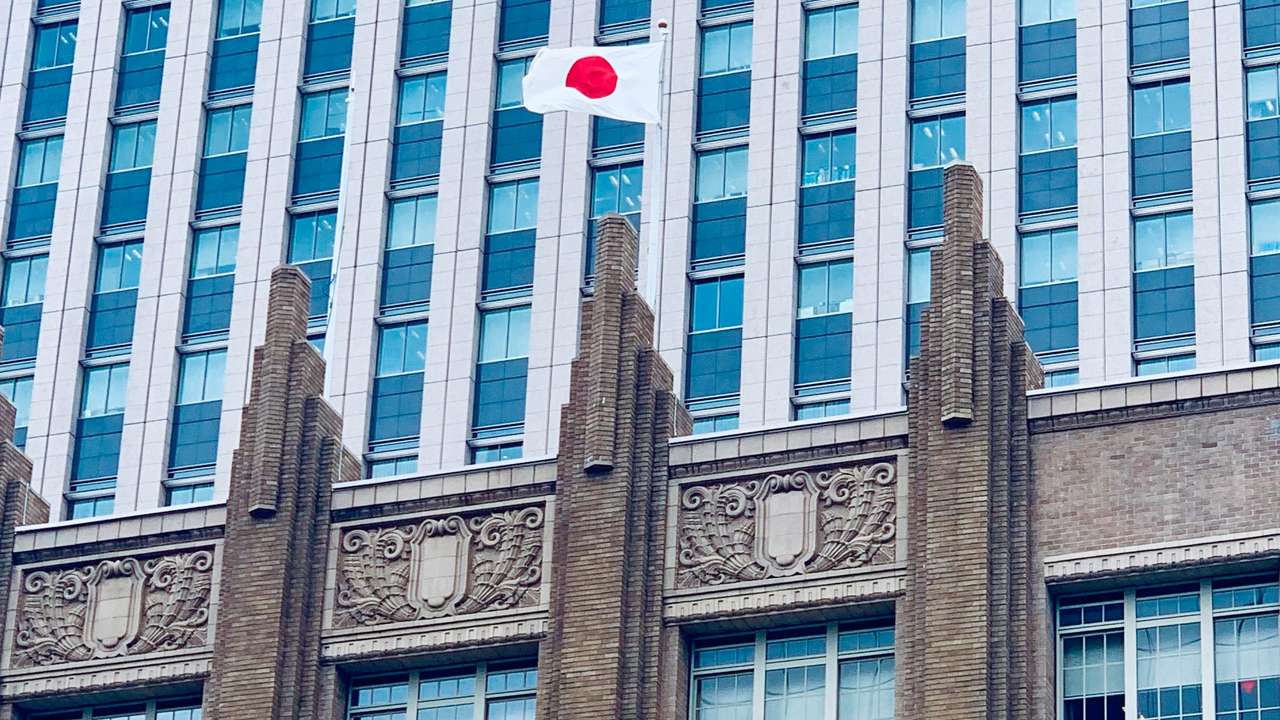Why a Japanese court rejected nationality bids by three Japanese-Filipinos born in WWII

A family court in Okinawa has rejected the nationality claims of three Japanese-Filipinos born during or just after the Second World War, ruling that they lacked the documents required under Japanese law to prove paternity or a lawful marriage between their parents.
In three decisions handed down in October, the Naha Family Court said the applicants, all raised in the Philippines and fathered by Okinawan men who moved there before the war, could not be added to Japan’s family register (koseki) because there were no official records acknowledging paternity or confirming their parents’ marriages. Their lawyers have appealed to the Naha branch of the Fukuoka High Court.
Under the Nationality Act as it operated at the time of their births, children of Japanese men could acquire nationality by descent. In practice, however, courts rely on documentary proof, marriage certificates, formal acknowledgements of paternity, or other official records that establish the legal parent-child relationship. The three applicants argued that wartime chaos and post-war turmoil destroyed those records.
The judges found that, absent such documentation, the legal requirements were not met, even though one applicant says his father personally acknowledged him after being repatriated to Japan, and another submitted a DNA test showing a 99.9% probability of blood relation to Japanese relatives.
This story is written and edited by the Global South World team, you can contact us here.